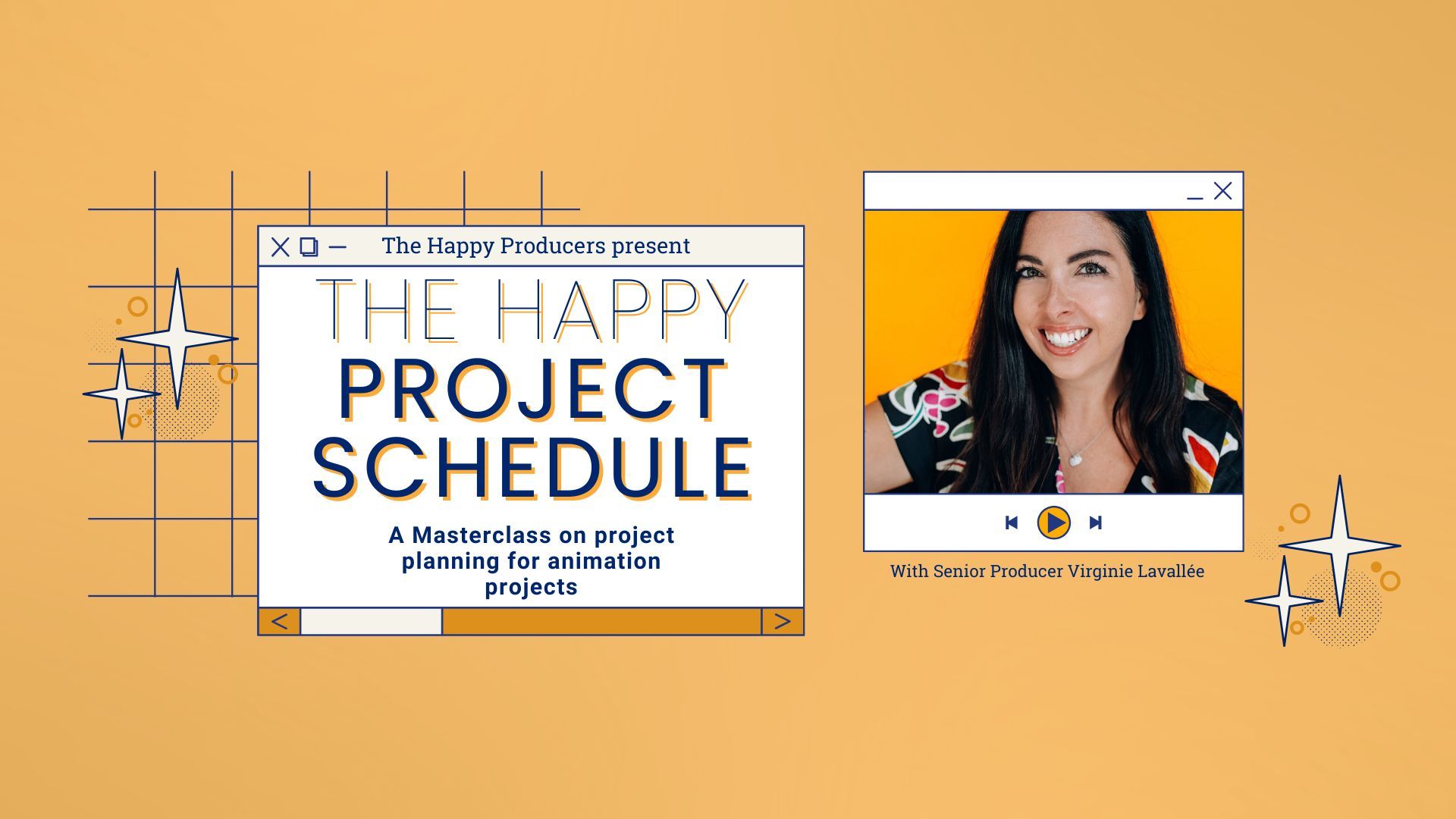How to Strengthen Work Relationships in Remote
Dec 14, 2023
So much of what we do in the production is managing relationships!
Relationships are built on trust, and trust is built on specific behaviors. And with remote work, we have to be more intentional than ever about promoting trust-building habits.
1. Embrace diversity: recognizing that some colleagues are introverts and some are extraverts
Embracing diversity in personality types, such as introverted and extroverted colleagues, is crucial for creating a harmonious and productive remote work environment. When we all work in the same local physically, it does influence us to conform to our environment. When working from home, we all have different environments, so it is essential to gain knowledge about how to support introverted and extroverted colleagues best.
True story: I didn’t know that I was an introvert before I started to work from home, but wow, am I ever an introvert! Once I realized and accepted that I am an introvert, my level of energy and my well-being really soared. It has made me realize how important it is to know if our colleagues are introverted or extroverted because the way they learn, communicate, and interact is very different. Acknowledging the diversity of personalities in my team helps me be more efficient because instead of fitting a square peg into a round hole, I can adjust to ensure everyone is supported and can be themselves.
Introverts tend to be more reserved and gain energy from solitude, which also means that group interactions can drain them of their energy. They may prefer written communication over verbal and may take more time to process information before responding. They probably prefer a closed office rather than an open floor office. They could also prefer not to open their cameras on video conferences, for example.
Extraverts, on the other hand, are typically outgoing, energized by social interactions, and may prefer verbal communication. They often think aloud and thrive in collaborative environments. They probably love team-building activities and being part of social clubs at work.
The goal for the production crew is to create a communication culture that is inclusive of both personality types and to leverage everyone's strengths.
A lot of what we do in the production team is making people's talent shine!
2) The Importance of Routine in Meetings and Communications
When we perform a task repeatedly at the same time or in the same context, it becomes a habit. Habits are formed through the reinforcement of neural pathways in the brain; they are basically wired in our brains so that we don't need to think about them.
Over time, routine actions become more automatic, requiring less cognitive effort. This allows the brain to conserve energy for more complex tasks.
Routines create a sense of predictability and structure. The brain tends to feel more comfortable and secure in environments where it can anticipate what comes next.
A stable routine provides a mental framework that allows individuals to navigate their day with less stress and uncertainty.
3) The Importance of One-on-One Meetings for Building Personal Connections
When we work together physically, we run into each other at the cafeteria; we grab a coffee across the street together, we work out together on our lunch hour, etc.
Those interactions help us get to know each other on a more personal level and, in time, help us build trust.
Building bonds of trust in a remote environment is a big challenge because those informal interactions don’t happen anymore. The best solution is to be intentional about creating such a space, even over video conference.
That's where the one-on-one meeting comes in.
Incorporating routine informal interactions, such as virtual coffee breaks or casual chats, helps us mimic the spontaneous conversations that naturally occur in a physical office.
The goal of the one-on-one is to create a personal connection.
For years, I did one-on-one meetings the wrong way because I would use it as a moment to reinforce the goals and milestones we were currently working at achieving. Basically, the meeting was all about me and my agenda.
When, in fact, the role of the one-on-one meeting is to get to know the other person better. It’s about them.
So, the key here is to have routine one-on-one meetings where we ask questions about the other person and listen.
It’s a space for personal sharing; you can ask them about their hobbies, their dreams, their families, their pets, what it's like where they live, do they like to cook, how they celebrate the Holidays, how they got started in the industry, etc. This humanizes the working relationship but also helps build a deeper understanding of each team member's life outside of work.
In summary, one-on-one meetings are essential for building personal connections within a remote team. They create a platform for recognizing individual contributions, fostering trust and open communication, addressing individual needs, aligning goals, tailoring leadership, preventing burnout, enhancing team morale, and demonstrating a visible leadership presence. These meetings contribute significantly to a positive and supportive team culture.
4) Focus Tasking: Turning Off Chat and Notifications for Dedicated, Meeting-Free Work Time
Dedicated focus time provides opportunities for deep work, allowing team members to delve into complex tasks that require sustained concentration. This can lead to higher-quality output and more efficient problem-solving.
Turning off chat notifications and avoiding meetings during these periods allows team members to immerse themselves in their work without interruptions.
Constant notifications can create cognitive overload, affecting concentration and productivity. Encourage team members to manage their environment to minimize distractions proactively.
Define guidelines for when focus tasking is encouraged. This could be specific hours during the day or certain days of the week. Communicate these boundaries to the team to create a shared understanding.
Encourage a team culture where everyone respects each other's dedicated focus time. This includes refraining from sending non-urgent messages or scheduling non-essential meetings during these periods.
5) Boundaries Around Availabilities and Working Hours
Establishing clear expectations!
Clearly communicate team members' availability and working hours. This information should be accessible to the entire team, fostering transparency about when each member is actively working.
Establish expectations regarding response times for emails, messages, and meeting invitations. This clarity helps manage communication effectively and reduces ambiguity.
Discourage the expectation of immediate responses outside of regular working hours. It's crucial to respect personal time and prevent burnout.
Emphasize the importance of taking breaks and lunchtime. Encourage team members to step away from their workstations, promoting physical and mental well-being.
Define protocols for handling urgent matters outside of regular working hours. Clearly communicate the criteria for what constitutes an emergency and establish a system for escalation.
Establishing communication of expectations, respecting personal time, accommodating flexibility, setting digital boundaries, coordinating team activities, promoting well-being, addressing urgencies effectively, and maintaining a culture of regular review and adaptation. These boundaries contribute to a more sustainable and balanced remote work environment.
Remote work is here to stay, so it is best to be adaptable and flexible to this new way of collaborating.
If you are looking for more coordination and project management tips, check out our e-courses!
With Love,
The Happy Producers
Would you like your production to be less stressful and even more efficient?
Stay connected with news and updates!
Join our mailing list to receive the latest news and updates from our team.
Don't worry, your information will not be shared.
We hate SPAM. We will never sell your information, for any reason.






